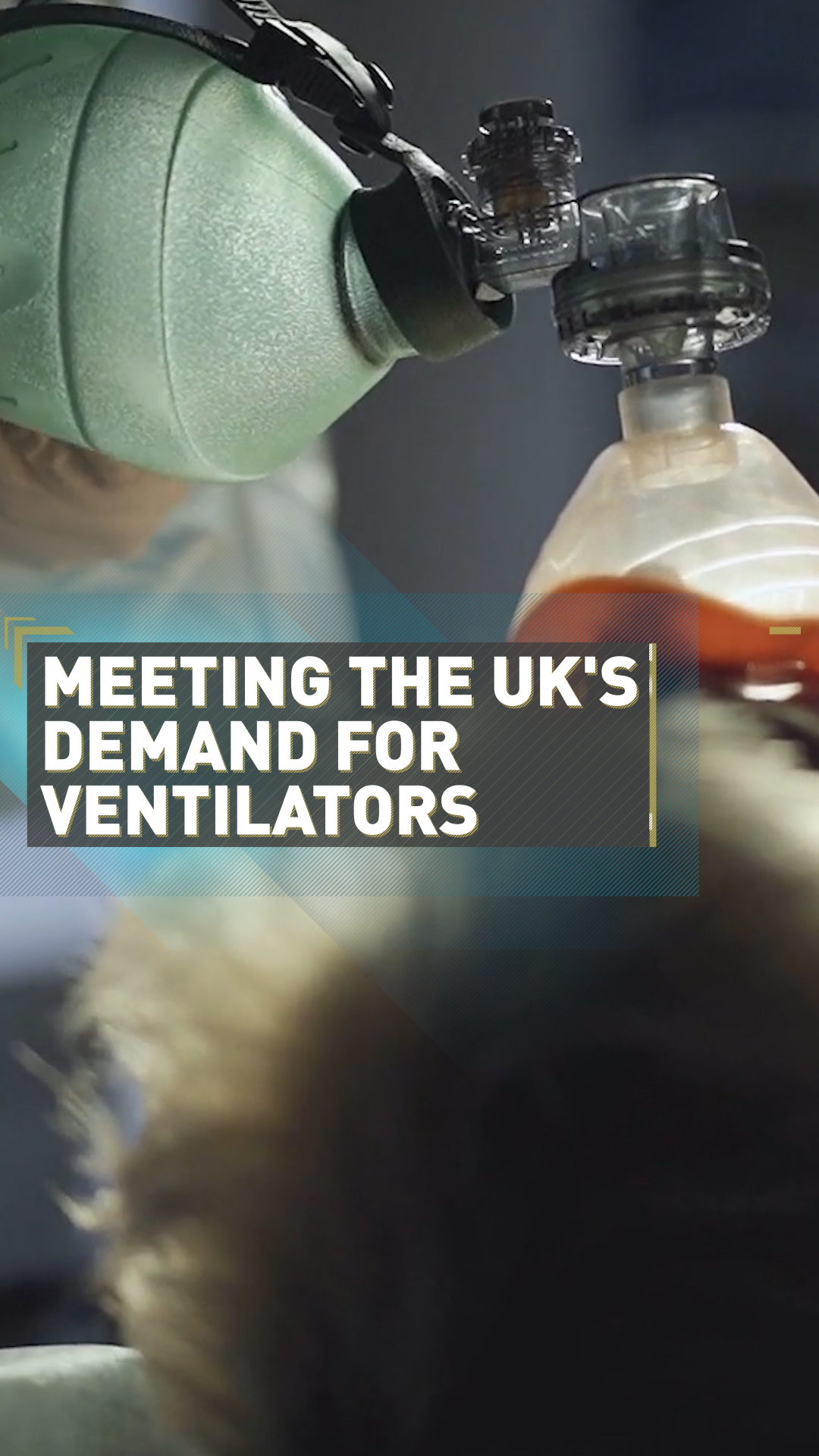
Mattress-makers produce face masks in Phoenix, U.S. /Ross D. Franklin/AP Photo
Mattress-makers produce face masks in Phoenix, U.S. /Ross D. Franklin/AP Photo
Leaving aside the horrendous loss of human life, the COVID-19 crisis is an economic disaster on an unprecedented scale. The banking crisis of just over a decade ago was expected to be a once-in-a-lifetime event, but many predictions now expect its effects to be dwarfed by the abrupt coronavirus-caused cessation of much global business activity.
On 15 April, International Monetary Fund managing director Kristalina Georgieva told a meeting of G20 financial ministers and central bank governors that more than 100 countries had asked the fund for emergency assistance. Saying "everything is on the table in terms of measures we can take," she encouraged central banks to "spend as much as you can – but keep the receipts: we don't want accountability and transparency to take a back seat in this crisis."
In this world turned upside down, even fiscally conservative governments are cheque-writing their way into planned-economy territory, some bouncing straight out of a decade of belt-tightening corrective austerity with measure even their most radical opponents could never have envisaged.

A man sleeps in an empty street during the coronavirus outbreak in Barcelona, Spain, April 2020. /Emilio Morenatti/AP Photo
A man sleeps in an empty street during the coronavirus outbreak in Barcelona, Spain, April 2020. /Emilio Morenatti/AP Photo
You've got to bear in mind just how big a manufacturer and a consumer China is. Raw materials being imported to China has gone through the floor and the finished goods aren't coming out
- Guy Platten, secretary-general of the International Chamber of Shipping
The financial measures are intended to jumpstart economies that have all but stalled: the coronavirus paralyzed the corpus of globalization. The original virus epicenter Wuhan is in the industrial heartland of China, and the country's decision to thoroughly isolate the city closed down an important part of the world's second largest economy. (It's instructive to note that at the time of the SARS outbreak in 2002-2004 China represented around 4 percent of world GDP; by 2017 this had risen above 15 percent.)
As early as February, warning bells were ringing for Guy Platten, the secretary-general of the International Chamber of Shipping. With China accounting for around 40 percent of global seaborne trade, Platten told CGTN that the country's lockdown was having a terrible effect on shipping – and therefore manufacturing and supply.
"You've got to bear in mind just how big a manufacturer and a consumer China is," said Platten. "Raw materials being imported to China has gone through the floor – and then, of course, the factories aren't working at the capacity they once were, so the finished goods aren't coming out."
READ MORE COVID-19 blows shipping business off course
01:31
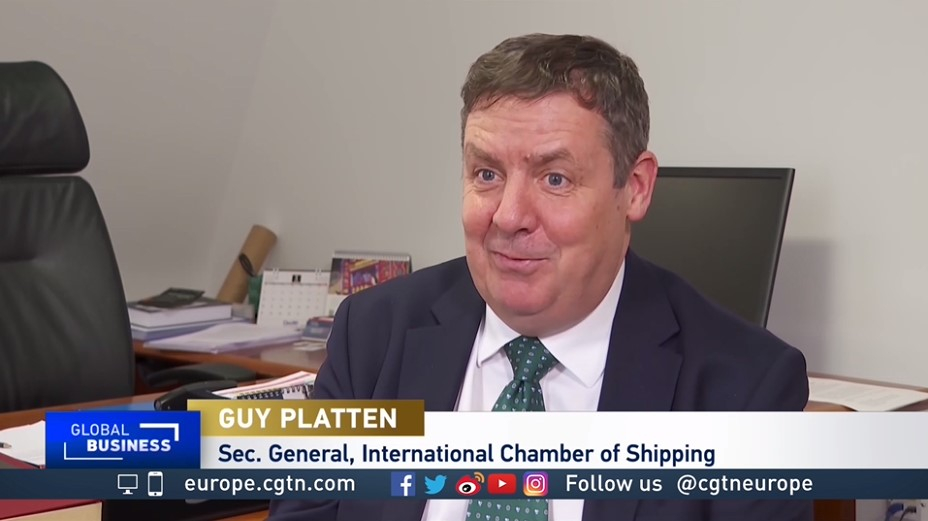
Commercial globalization and an efficient modern transport system soon helped the virus spread rampantly around the industrialized world. But as first the case numbers, then the death tolls, started to spike upwards, many authorities took the decision to lock down: by the turn of April a fifth of the world's population was under some form of limitation.
Locking down was both entirely understandable and predictably disastrous for the economy. As shops and restaurants closed, so did the factories that supplied them, and the supply chains between the two. Along with manufacturing, logistics and retail, the service industry was similarly silenced.
An economy can survive with 10 percent of the population in isolation. It can't survive when 50 percent of the population is in isolation
- Paul Romer, former World Bank chief economist
Some hoped that business could move online, but soon the public was checking its pockets and bank balance as companies without much in the way of cash reserves started to dispense with employees. Many vocabularies were swollen by a new word: furlough. Again, to pay their employees, companies had to go cap in hand to governments.

In mid-March, the UK's Rishi Sunak was one of several finance ministers announcing funds to help pay furloughed workers. /Matt Dunham/AP
In mid-March, the UK's Rishi Sunak was one of several finance ministers announcing funds to help pay furloughed workers. /Matt Dunham/AP
Facing a terrible dilemma
In turn, the governments had to weigh up a terrible dilemma. With the workforce at a standstill, they had little choice but to ramp up their welfare burden, one that would be exacerbated by a loss of revenue from taxes on income and expenditure.
Some free-market voices suggested it would be better to risk a higher death toll than to foot such a huge bill, but many governments – dealing with a pandemic that has neither cure nor vaccine and which tends to prey on the sickest and most vulnerable members of society – took the very difficult decision of sacrificing the economy for the health of their people.
Paul Romer, the former World Bank chief economist, has suggested that "An economy can survive with 10 percent of the population in isolation. It can't survive when 50 percent of the population is in isolation."
We've never seen figures like this in living memory, and the bad news is it comes on top of probably 30 to 40 million jobs already lost in the first quarter of the year
- Guy Ryder, director-general of the UN agency International Labour Organization
Starved of input, economies are shrinking at an alarming rate. The International Labour Organization (ILO), a United Nations agency, predicts the equivalent of 195 million job losses due to COVID-19. "It is definitely the most severe employment crisis any one of us has seen," director-general Guy Ryder told CGTN. "The question is, how long is this going to last?
"It's a very bad hit and the bad news is it comes on top of probably 30 to 40 million jobs already lost in the first quarter of the year. We've never seen figures like this in living memory."
READ MORE: UN labor agency predicts loss of 195 million jobs due to COVID-19
01:48
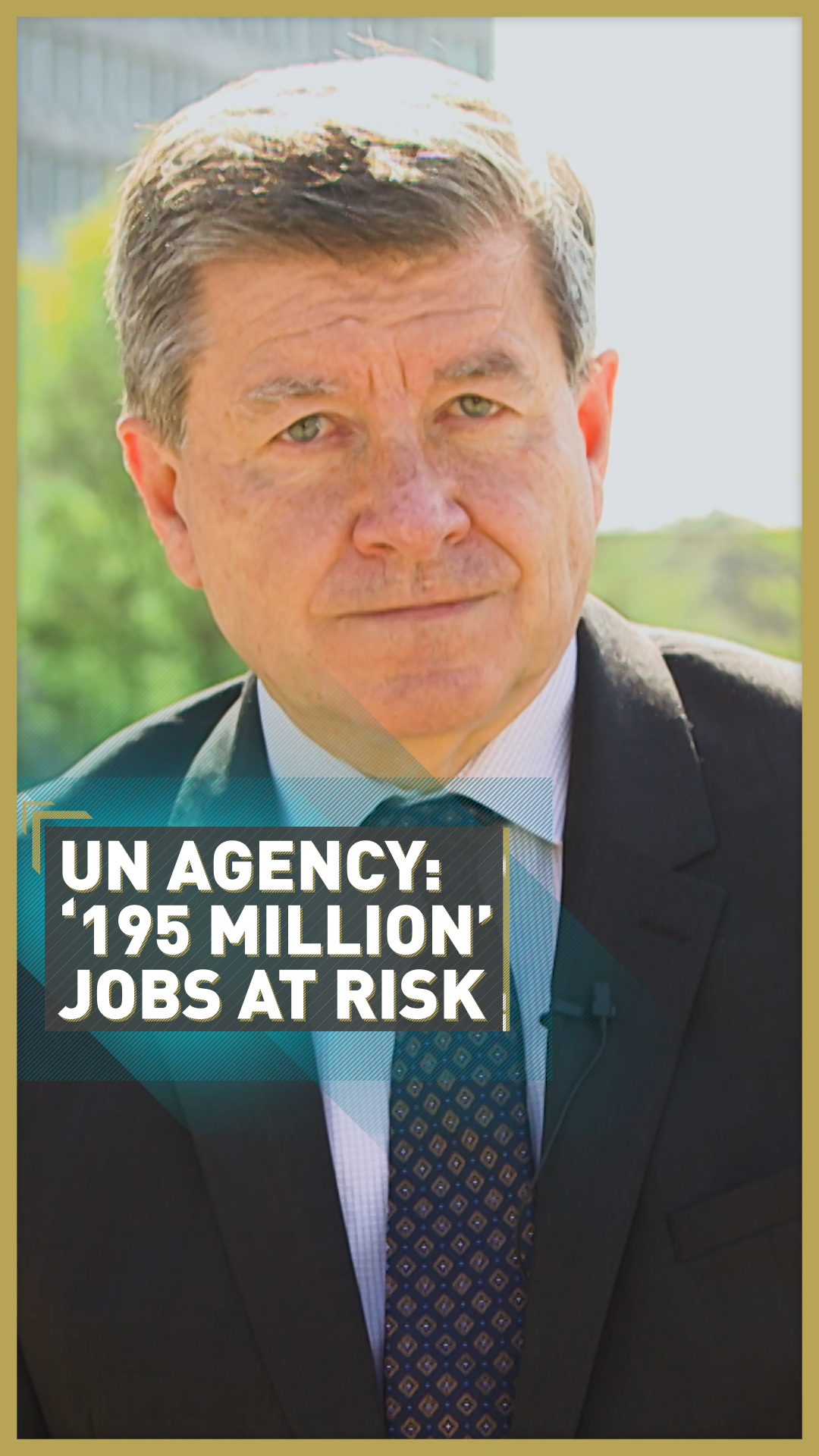
Ryder is far from a lone voice of despair. In the UK, the independent Office for Budget Responsibility predicted the country's economy could shrink by 35 percent in Q2, while the IMF chief economist Gita Gopinath is warning the world could suffer its steepest downturn since the Great Depression.
READ MORE: 2020 will be economy's worst year since Great Depression, says IMF
04:42
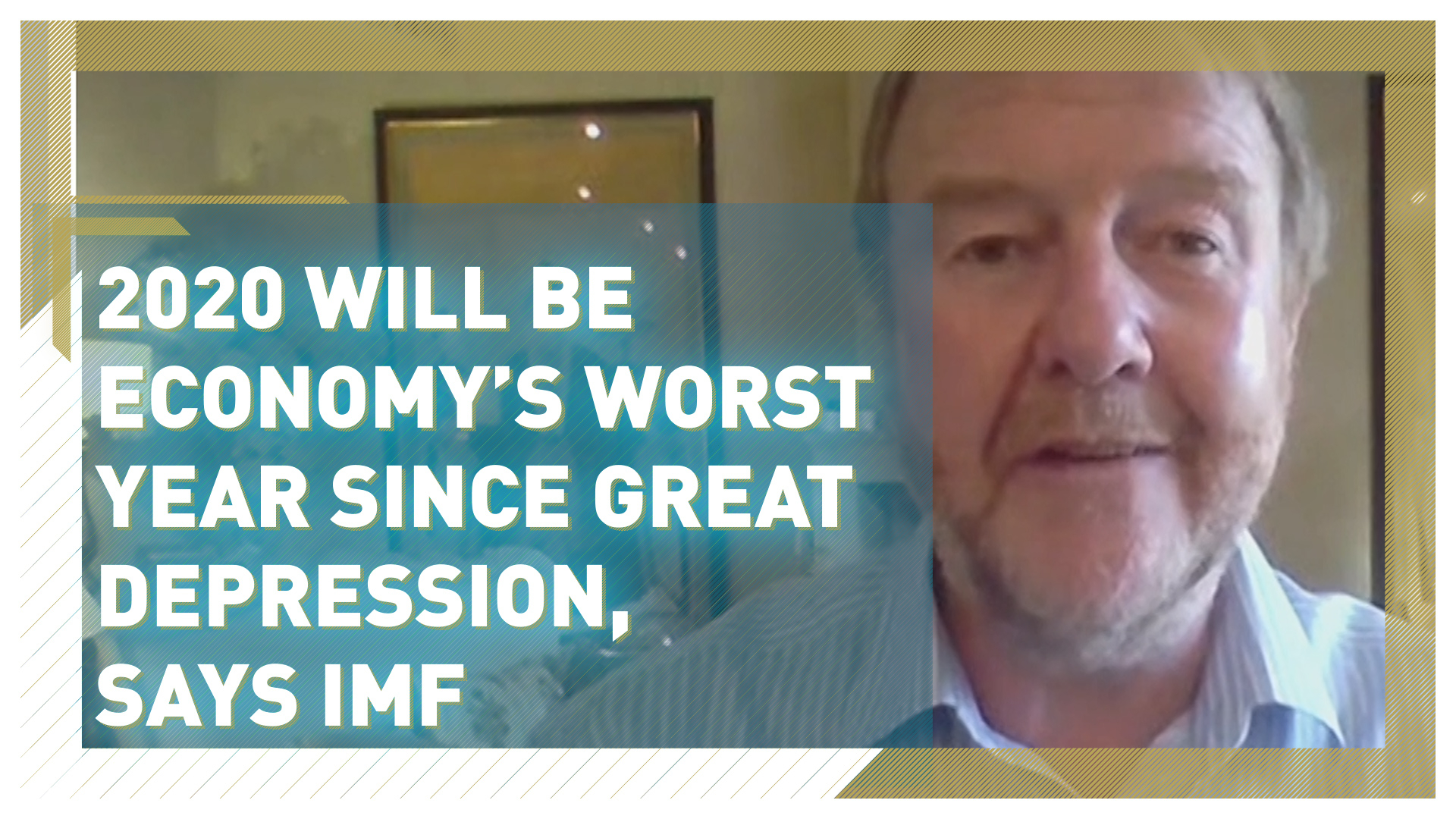
In future as an employer you will not be able to say 'No, this is not possible.' People now think of alternative kinds of delivery – everything is possible now. Not everything will survive but we all have to experiment
- Josephine Hofmann, Fraunhofer Institute for Industrial Engineering
The evolution of the economy
It's 160 years since Charles Darwin noted the importance of adaptation in evolution, and now businesses are having to change to survive.
In Brussels, butchers and bakers who previously relied on walk-in trade are having to join forces to provide online ordering and home delivery. It's not necessarily a new idea but it is one that small firms are having to embrace or risk bankruptcy.
READ MORE Small businesses turn to home delivery during lockdown
02:19

Such experimentation is vital and urgent, and could change business models forever. "I think in the future as an employer you will not be able to say 'No, this is not possible'," said Josephine Hofmann, a doctor from the Fraunhofer Institute for Industrial Engineering.
"People now think of alternative kinds of delivery, of taking online courses, of studying online, yoga courses – everything is possible now," Hofmann added. "Not everything will survive because the business models left behind aren't that viable but we all have to experiment."
The option of going online doesn't extend to every industry. Requiring travel, social interaction and disposable income, tourism is effectively banned, a problem dramatically affecting Mediterranean economies which rely heavily on the industry. More than 15 percent of Spain's GDP comes from the sector.
But more than ever, business becomes about adapting to survive. Those who evolve their output best survive with either an enhanced bank account (unlikely in such testing times) or at least an improved public image.
READ MORE The 3D-printed masks helping Italy's hardest-hit hospitals
I'm firmly convinced that we need our own production in this country, which we must get under way for this period. There are a whole range of manufacturers who are prepared to do so and we will make this possible
- German finance minister Olaf Scholz
02:25

Wartime spirit
An almost wartime attitude to redeploying resources is essential. For some, this transition is relatively easy. Beiersdorf, which makes Nivea skincare products, has made 500 tons of medical-grade disinfectants in its German and Spanish plants.
German clothing manufacturer Trimega switched to making reusable cotton and polyester nose and mouth coverings for non-medical face masks, with support from the finance ministry.
"I am firmly convinced that we need our own production in this country, which we must get under way for this period," said finance minister Olaf Scholz. "There are a whole range of manufacturers who are prepared to do so and we will make this possible."
READ MORE Germany urges clothing companies to make millions of reusable masks
01:20
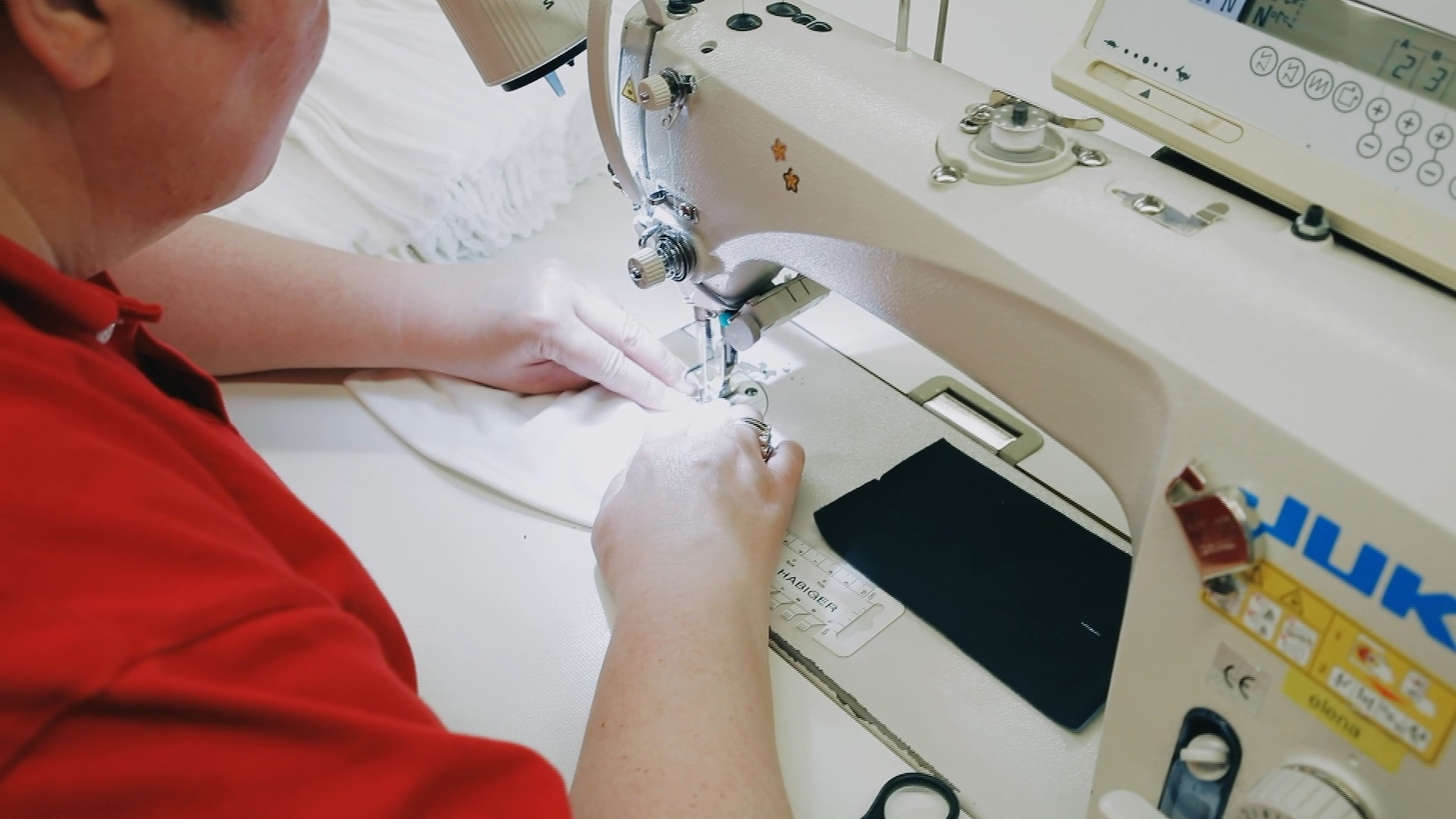
It's not just in Germany that this adaptation has occurred. Independent British brewer BrewDog now produces hand sanitizers instead of beer in its Aberdeenshire distillery, giving them away free for those who need it.
Others require some lateral thinking. A consortium of firms including Rolls-Royce, Airbus, BAE Systems, Dyson and even a handful of Formula 1 teams have come together to make 15,000 new ventilators.
And it isn't just multi-national companies. Family-run, high-end hi-fi firm VPI has ceased production on its entire turntable production line in the U.S. to turn vinyl cleaning fluid into hand sanitizer and, most ingeniously, plastic covers for its brochures and turntable belts into face shields with headbands. They're distributing both to hospitals in the New Jersey area.
LVMH, fashion house Louis Vuitton's parent company, has said it will repurpose French perfume factories to make hand sanitizer. Givenchy and Christian Dior have followed suit.
READ MORE French hospital's makeshift medical 3D printing factory
01:43
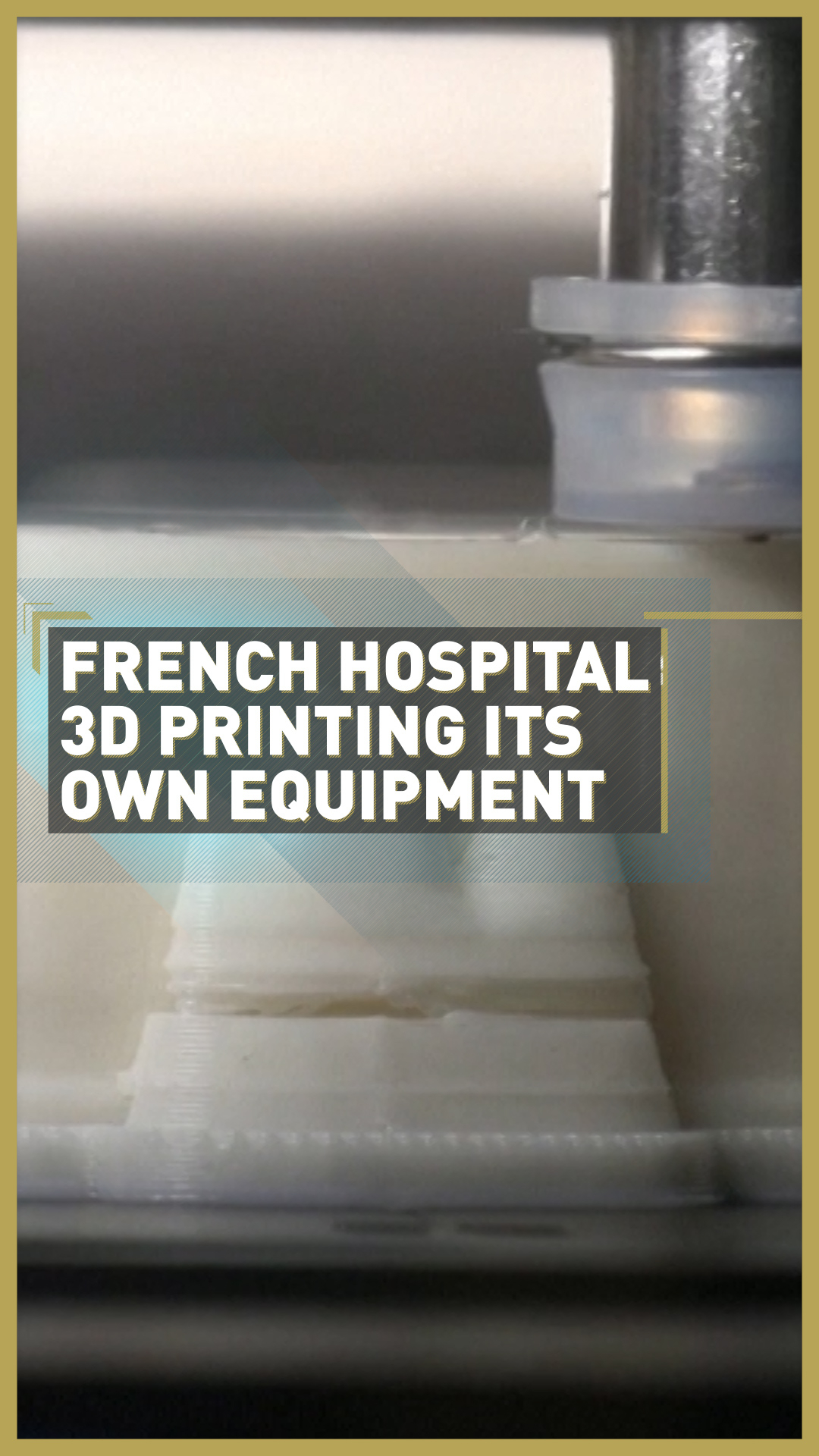
Kering, the parent company of fashion houses Yves Saint Laurent, Gucci and Balenciaga, soon shifted factory production in France to surgical facemasks. So did Spanish fashion retailer Zara.
Collaboration and adaptation
Cross-border collaborative thinking is vital. In March, Italian engineers posted a design online to retrofit cheap snorkeling masks from sportswear retailer Decathlon, which cover the whole face, with military-grade filters so they could be used as respirators or for the protection of frontline medical workers. University projects in Belgium and the Czech Republic have taken up the challenge of providing and distributing PPE.
Governments must also adapt. In the UK, the Department for Environment, Food and Rural Affairs and the Department of Health and Social Care were quick to join forces and turn three major animal testing laboratories into coronavirus units, yet Britain still significantly trails its European neighbors in testing. Adapting can only go so far if policy doesn't match the good intentions.
Yet, even the entertainment industry – shorn of concerts, plays or films – has adapted. Hotels have remained open for frontline medical workers, while Vans for Bands have placed their luxury tour buses at four hospitals in the United Kingdom so health professionals can sleep onsite without having to go home after 12-hour shifts.
Foster a sense of pride and community, give people the autonomy to believe in something and fight for it. As John F Kennedy once said, ask not what your country can do for you – ask what you can do for your country.
Thankfully, thousands of business have done just that.
02:29
